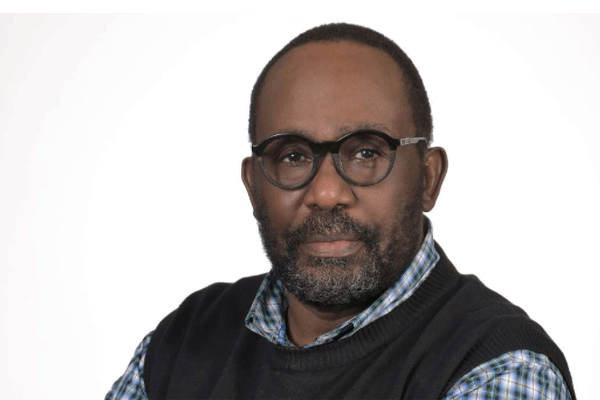Prime
A madman’s solution to Kampala’s rot

Mr Charles Onyango-Obbo
What you need to know:
- I think Mbale would be best for the trade ministry. Take another ministry to Masaka, another to Mbarara, Soroti, and Lira. Leave only Defence, Internal Affairs, Foreign Affairs, and Education in Kampala.
After the #KampalaPotholeExhibition campaign on Twitter and some crude fixes to a few potholes here and there, the heavy downpours came, and the roads and streets in Uganda’s capital returned to their normal Stone Age conditions.
Desperate times call for desperate measures. Kampala might have reached a point where it can’t be fixed as long as it has elected officials and the country’s president is voted in – even in rigged elections.
In Kenya, former and late president Mwai Kibaki, the man who turned the fortunes of Nairobi – and the country itself around – went on a rampage, breaking down giant malls, bulldozing neighbourhoods, and destroying slums to make way for new flyovers and bypasses, and to remove some buildings that were built over the pathways of rivers.
When he was done, a new shiny city emerged from the chaos. There was one reason he could do this; he wasn’t going to pay a political price because he was serving his second and last term.
He wouldn’t have dared if he had been a president for life.
Nairobi’s mayor, or now governor, also serves only two terms.
Some of Kampala’s problems can be solved only by term limits of the president and mayor. Because those limits are not there, we have a long period of pain in the future.
But there are still some tools available that can be harnessed if we allow ourselves a little madness, courage, and imagination.
The first thing would be to move the capital out of Kampala and develop the city as a commercial centre.
However, if you can’t manage your existing capital, you don’t have what it takes to create a new one.
That leaves a series of second-tier actions. For starters, we can move some ministries – and even Parliament - further away from Kampala.
The South African capital is Pretoria, but its Parliament is situated 1,455 kilometres away in Cape Town. We could begin by moving Parliament to Jinja.
The tragedy of Jinja’s decline as an industrial town is that it’s a gem whose possibilities have disappeared from the popular imagination.
However, it has the potential as a platform for creating a very luxurious life along the river. Some homes along the banks of River Nile in and outside Jinja offer some of the best views in this East Africa.
To make Jinja work, the Jinja Expressway will need to be built up quickly, or an express railway link constructed between it and Kampala.
The government will not do the railway, so at a minimum, the best possibility lies in doing it as a public-private partnership.
The biggest problem that causes delays, corruption, and social conflict, as we have seen in several big infrastructure projects, is land.
We can borrow from our neighbours in Rwanda and what they have done with the massive new Gabiro irrigation project. The government didn’t buy the land from the people; it leased it.
You need a particular type of government to make that work, which we don’t have, so Uganda could take it to a different level.
Establish a company that will build and operate the Jinja-Kampala Express train but convert the land of the people whose land will be used into equity; they become shareholders in the railway company.
Also, create a secondary market and sell the land on an exchange.
This same principle could be used to build a similar railway to Karuma. And from Jinja to Mbale. Rich pickings are waiting there.
Next, disperse the ministries. Take the Trade ministry to a town near the border. I think Mbale would be best for the trade ministry.
Take another ministry to Masaka, another to Mbarara, Soroti, and Lira. Leave only Defence, Internal Affairs, Foreign Affairs, and Education in Kampala.
The minister of Trade will need to come to Kampala or Entebbe at short notice for meetings. To get them there, they would need to fly.
There are several dead infrastructure assets that could be brought back to life. Tororo has a solid Amin-era airstrip, and a vast military barracks at its heart that has gone to rot.
Lease the airport, get rid of the barracks (have private investors pay for it), move it nearer the border with Kenya, and let entrepreneurs develop an Eastern Uganda transport hub there.
Do the same with the Mbarara Aerodrome and the Arua Airfield. A 75 to 100 years concession will do the trick.
Finally, let private developers build a bridge connection from Luzira to Mukono. They will charge premium shillings in tolls, but it will revolutionise things.
The effect of the creation of new wealth will be dramatic.
The country will become richer, and Kampala will be wealthier as a nerve centre of all this and have money to fix its infrastructure.
It might be hard to bring back the term limit for the president soon, but for Christ’s sake, let the mayor of Kampala serve only two terms.
Mr Charles Onyango-Obbo is a journalist,
writer and curator of the “Wall of Great Africans”. Twitter@cobbo3





